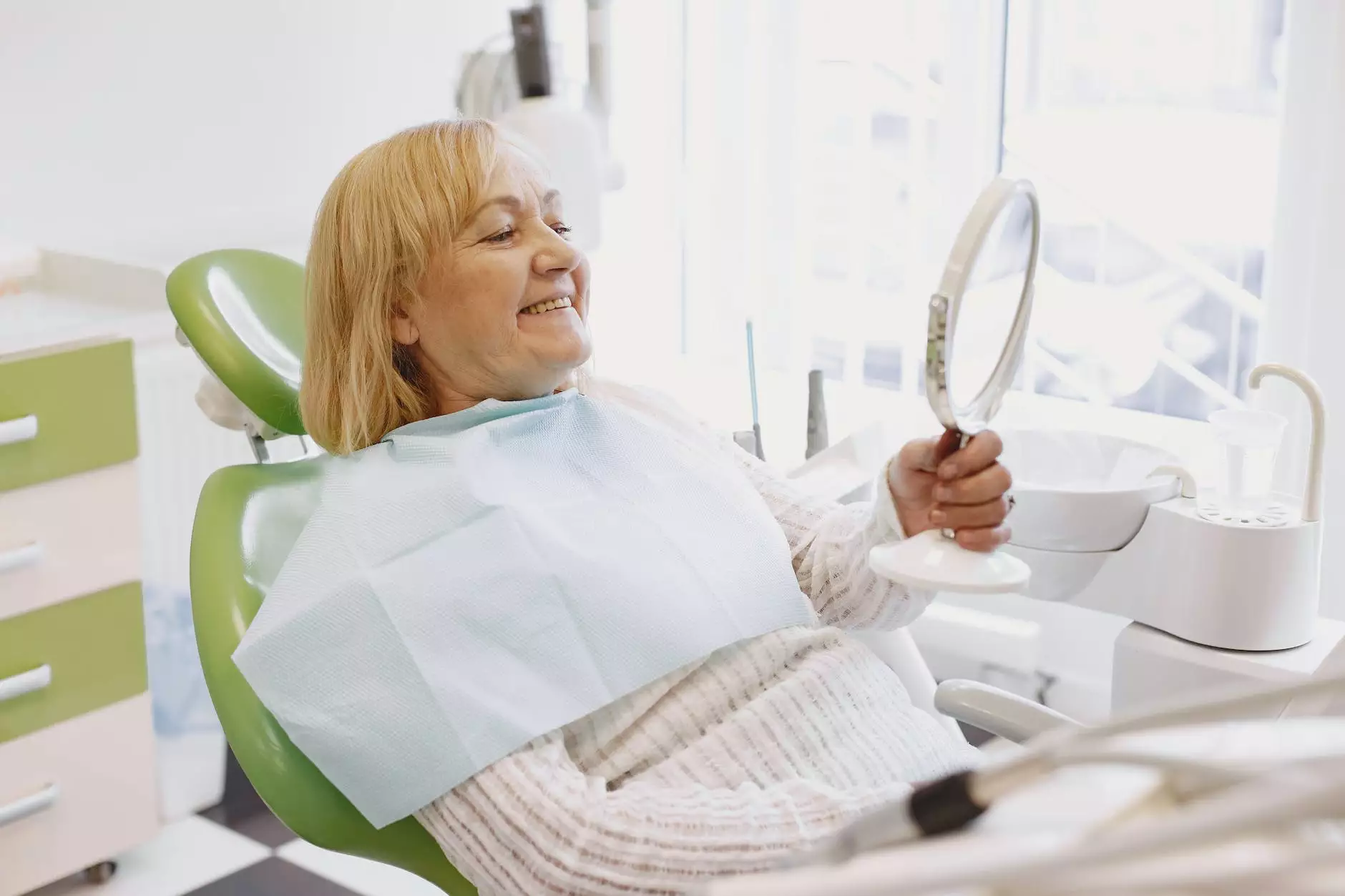Understanding the Impact of Dis Klinigi on Health and Medical Practices

Dis klinigi, a term rooted in the constructed language of Esperanto, translates to "the clinic" in English. This concept encapsulates the essence of modern healthcare facilities that are revolutionizing patient care, especially in the realm of dentistry. At medicadent.com, we delve deep into how innovative practices in dentistry and health care can lead to improved patient outcomes and community health. In this extensive article, we will explore various aspects of clinics, particularly focusing on dental health, the role of doctors, and general medical practices.
The Evolution of Clinics: A Brief Overview
The journey of healthcare facilities from traditional practices to modern-day clinics has been remarkable. In the past, medical care was often limited to home visits or local health practitioners. Today, clinics like those featured on medicadent.com offer a plethora of services that cater to diverse health needs. Here’s a closer look at some pivotal advancements:
- Technological Integration: Modern clinics increasingly adopt sophisticated technologies such as 3D imaging, digital X-rays, and telemedicine.
- Patient-Centric Approaches: The focus has shifted towards providing a personalized experience, catering treatment plans to individual needs.
- Preventive Care: Clinics now emphasize preventive measures, encouraging regular checkups and early intervention to avoid severe health issues.
Dis Klinigi: The Clinic Model in Dentistry
Dentistry, as a branch of health care, has seen significant improvements with the establishment of dedicated clinics. Dis klinigi represents a shift towards specialized dental care facilities that focus on a comprehensive approach to oral health. Here are key elements of this model:
Specialization in Dental Services
Modern dental clinics provide an array of services, ensuring that all patient needs are met under one roof. These services include:
- General Dentistry: Routine checkups, cleanings, and restorative procedures are essential for maintaining oral health.
- Cosmetic Dentistry: Innovations in cosmetic procedures, including whitening and veneers, enhance aesthetics and patient confidence.
- Orthodontics: Specialized clinics offer braces and aligners to correct misalignments, further promoting oral health.
The Role of Doctors in Modern Clinics
Doctors play a pivotal role in delivering quality healthcare within clinics. Their expertise not only ensures effective treatments but also fosters a relationship built on trust with patients. Below are key attributes of effective doctors in this clinical setting:
Education and Continuous Learning
To provide the best care, doctors must undergo rigorous education and ongoing training. This commitment to learning ensures they are up-to-date with the latest advancements in medicine and dentistry:
- Advanced Degrees: Many dentists pursue additional education, such as orthodontics or oral surgery, to enhance their expertise.
- Workshops and Certifications: Regular participation in workshops allows doctors to stay current with innovative techniques and technologies.
Building Doctor-Patient Relationships
The clinic environment fosters close relationships between doctors and patients. Effective communication is a cornerstone of this relationship, ensuring that patients feel heard and valued.
- Active Listening: Doctors who actively listen to their patients’ concerns can provide better-tailored treatments.
- Empathy: Understanding a patient's fears and anxieties can significantly improve their treatment experience.
The Importance of General Dentistry in the Clinic Model
General dentistry is a critical component of health care within clinics. This branch focuses on the prevention, diagnosis, and treatment of a variety of dental conditions. Here’s how general dentistry fits into the dis klinigi concept:
Preventative Care Strategies
The emphasis on preventative care has transformed how patients approach their oral health. Regular visits to a dental clinic can prevent serious health issues:
- Routine Checkups: Regular examinations allow for early detection of potential problems.
- Dental Hygiene Education: Patients are educated on proper oral hygiene practices to maintain health between visits.
Comprehensive Treatment Plans
General dentists often create comprehensive treatment plans that encompass various aspects of a patient’s oral health. This holistic approach is crucial in modern clinics:
- Individualized Care: Each treatment plan is tailored to meet the specific needs of the patient.
- Collaborative Care: Dentists often work alongside other health care professionals to address multifaceted health issues.
Community Health and Wellness: The Broader Impact of Clinics
Beyond individual care, clinics have a profound impact on community health. By improving accessibility to services, they play a crucial role in promoting overall wellness:
- Awareness Campaigns: Clinics often participate in community outreach to raise awareness about health issues.
- Partnerships with Local Organizations: Collaborations with local entities facilitate better access to care and resources.
Innovative Technologies Shaping the Future of Clinics
The importance of technology in clinics cannot be overstated. Advancements in dental technology, in particular, enhance patient care and clinical efficiency:
- Telehealth Services: Remote consultations allow patients to receive advice without needing to visit the clinic physically.
- Advanced Imaging Techniques: Technologies like digital X-rays provide quicker and more accurate diagnostics.
Conclusion: The Future of Dis Klinigi in Dentistry
As we look toward the future, that the concept of dis klinigi will continue to evolve, incorporating new technologies, practices, and philosophies that prioritize patient health and well-being. The commitment of clinics like those at medicadent.com ensures that dental and medical professionals are equipped to provide the highest level of care. Whether it's through enhanced training, greater patient engagement, or innovative treatments, the future of clinics holds immense promise for community health and wellness.
In conclusion, understanding and promoting the values of dis klinigi can lead us towards healthier individuals and a healthier society overall. Every clinic has the potential to contribute to this vision by adopting the principles outlined and embracing further advancements in the world of health care.



